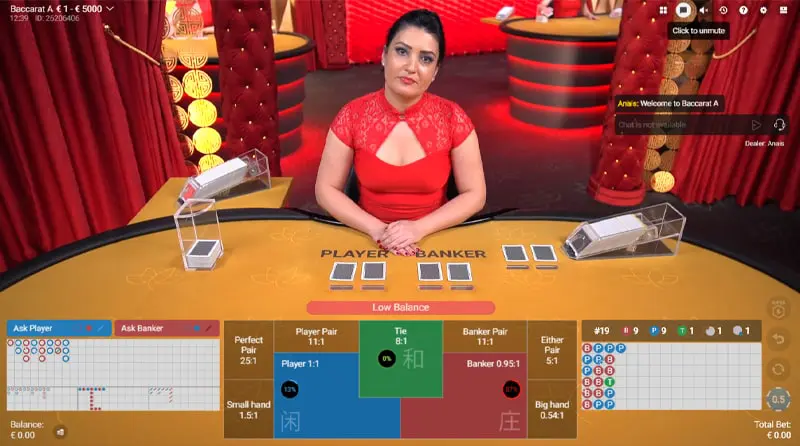Slot machines are a classic casino game that can be found both at land-based and online casinos. This popular title boasts some exciting potential wins for players.
There are various types of slots to choose from, each with its own set of terms and conditions. If you’re new to the game, make sure you read up on them all before wagering real money.
Game of chance
Casino slots offer gamblers an exciting way to try their luck. Typically, the odds are in their favor when it comes to these machines; you can find all kinds of them in both land-based and online casinos alike, from video poker and reel slot machines to progressive jackpots. Some games are more popular than others, but they all share one thing in common: the rush of winning big. Casino slots have been around for over a century due to their lucrative nature. Successful operators strive to make their customers’ experiences enjoyable and entertaining. To achieve success in a gambling establishment, it’s essential to offer an array of high-quality games tailored to every player’s preferences and stay ahead of competition with advanced gambling software. Most importantly, having well-trained staff members is paramount in running a smooth operation.
Game of skill
Casino slots are games of chance and betting that require skill. But they also allow players to influence certain parts of the gameplay, making them increasingly appealing options for many gamers.
Skill-based slots are becoming a growing segment of the gaming industry. They provide more entertainment for players, better payout percentages for casinos, and help casino operators meet compliance regulations.
Skill-based machines differ from regular slots in that they allow players to influence the outcome of their bets in certain circumstances. This control is based on an advanced statistical model which quantifies how much chance plays a role in determining a game’s outcome.
According to this model, a game of skill is one that has less than 10% chance of having its outcome determined by chance. This helps guarantee that the game does not become a gamble and shields players from potential losses of money.
Some jurisdictions, such as Nevada, have restricted skill-based slots. Others are still working towards approval for them to be placed on casino floors. This could affect the US gambling market if more casinos begin offering these games. The industry is striving to find a balance between protecting players while allowing this form of gaming to grow.
Game of psychology
Slot machines are a major source of revenue for casinos, accounting for two-thirds of a casino’s earnings. Their appeal lies in their use of psychology to keep players engaged for extended periods of time.
Slot machine designers strive to instill a feeling of excitement and anticipation in players, while simultaneously keeping them hooked on the game for extended periods. To accomplish this, they create an addictive feedback loop between the game and player’s brain which releases dopamine each time the reels spin or bonus screens activated.
Dopamine release creates an addictive mental cycle, leading players to form a connection with their slot machine and strive for the next high. Furthermore, the speed at which slot games can be played has an immense effect on player behavior.
In a famous experiment conducted by psychologist B.F. Skinner, pigeons were placed in a box where they could press a button to receive food. Researchers observed that when there was any chance of delivery rather than certainty, the birds were more likely to press the button. This research is now part of Schedules of Reinforcement theory in gambling psychology.





